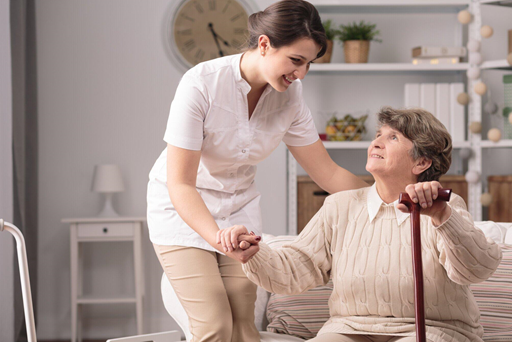Life changes can be really tough for older adults. Things like retiring, health problems, or losing someone close can feel overwhelming. These big changes often bring stress and worry. That’s why it’s so important to help seniors learn ways to cope.
When they use simple coping skills, it can make these challenges easier to handle. This helps them feel stronger and happier even during hard times. Let’s get into it!
Understanding Change and Its Impact
Change is a natural part of life, but it can feel scary for seniors. Seniors often face more stress because they have to adjust to big changes quickly.
For example, moving to a new home or dealing with health problems can make them feel unsure and vulnerable. Understanding these feelings is the first step to finding good ways to cope. Using these strategies can help seniors build strength and feel better emotionally.
Effective Coping Strategies for Seniors
Using healthy coping skills can help seniors handle the emotional ups and downs that come with life changes. Here are some proven strategies that can boost their emotional well-being:
Social Support
Spending time with family, friends, or community groups can help seniors feel less lonely. Having people around to talk to offers comfort and emotional relief. It also provides practical help when needed, which can ease feelings of isolation.
Mental Exercises
Doing puzzles, reading books, or trying new skills can keep the mind active and sharp. These activities challenge the brain and help improve thinking skills. They also give a sense of accomplishment, which can boost confidence.
Mindfulness and Meditation
Mindfulness teaches seniors to notice their thoughts and feelings without judgment. This helps them react calmly to stress instead of feeling overwhelmed. Regular meditation offers a peaceful break from worries and promotes relaxation.
Physical Activity
Exercise helps the body release chemicals called endorphins that improve mood. Simple activities like walking, stretching, or tai chi can lower stress and make seniors feel better. Staying active also supports overall health and energy.
Creative Outlets
Painting, playing music, or writing gives seniors a way to express their feelings. These creative activities can be relaxing and help them positively process emotions. Expressing themselves this way can also bring joy and satisfaction.
Building Resilience Through Routine
Having a set daily routine can be very helpful for seniors. Routines bring a sense of normalcy and give them a feeling of control. Taking part in daily activities, hobbies, or volunteer work keeps them socially connected and gives their life meaning.
Seeking Professional Help
Sometimes, coping strategies alone aren’t enough. If seniors feel extremely anxious or depressed, seeking help from a professional is a wise decision. Mental health experts can provide personalized advice and treatments that fit their unique needs.
Embracing Change with Adaptive Strategies
Ultimately, embracing change is a gradual process that necessitates patience. By utilizing effective coping strategies, seniors can boost their moods and promote overall emotional well-being. Families and caregivers can support this journey by learning about the adaptive coping strategies for seniors and encouraging their use in daily life.
Empowering Seniors to Thrive
Using good coping strategies can greatly improve life for seniors dealing with change. By leaning on social support, doing creative activities, and keeping a daily routine, they can build emotional strength. Encourage the seniors in your life to try different ways to cope, so they can handle changes better. Together, we can help seniors grow stronger and face life’s changes with confidence.
Is this article helpful? Keep reading our blog for more.
